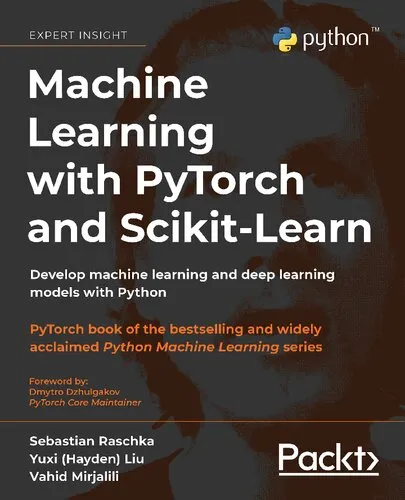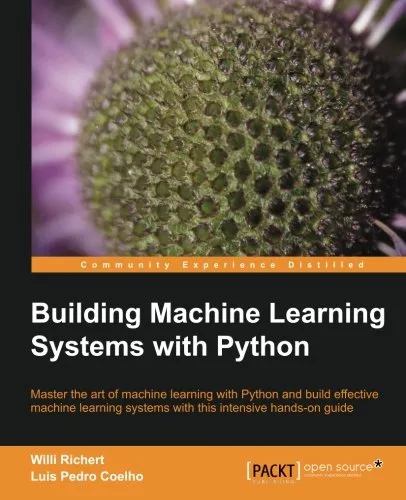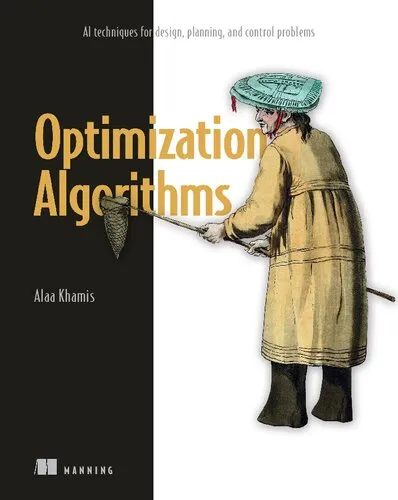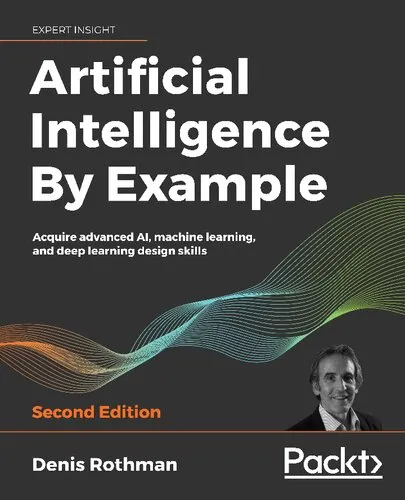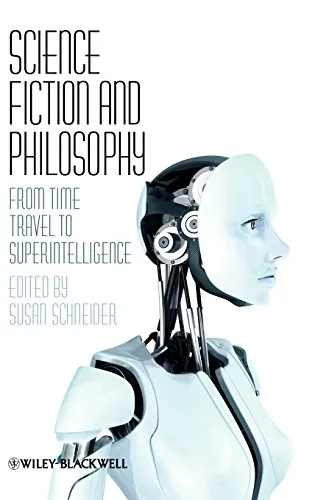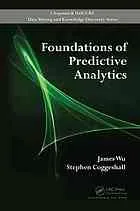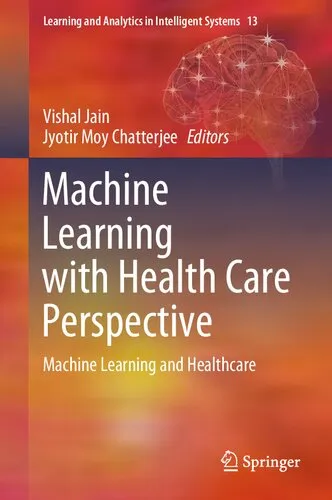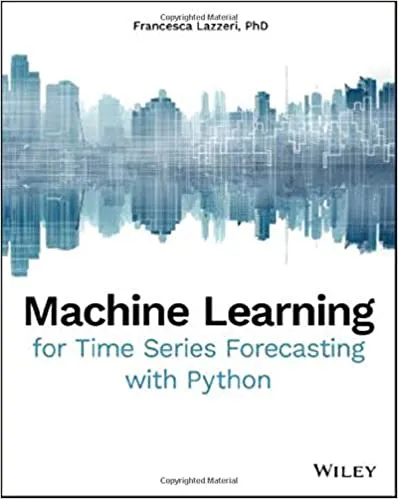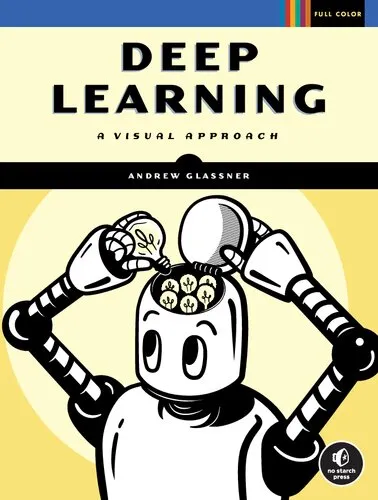An Introduction to Machine Learning Interpretability
4.0
Reviews from our users

You Can Ask your questions from this book's AI after Login
Each download or ask from book AI costs 2 points. To earn more free points, please visit the Points Guide Page and complete some valuable actions.Related Refrences:
Introduction to "An Introduction to Machine Learning Interpretability"
Machine learning interpretability is no longer a niche concern; it has become a cornerstone of deploying responsible, understandable, and reliable AI systems. In a world increasingly driven by machine learning models, the question of how to interpret and trust these systems is as critical as building them in the first place. "An Introduction to Machine Learning Interpretability" serves as your essential guide to understanding this vital topic, offering comprehensive insights into interpretability techniques, challenges, and best practices.
The book delivers a thorough exploration of the foundational concepts of machine learning interpretability (MLI), providing readers with both theoretical knowledge and practical tools. Whether you're a data scientist, a business leader, or simply curious about the ethical and technical frameworks behind machine learning, this resource will empower you to see into the "black box" of AI applications. Alongside clear explanations, this book emphasizes the real-world implications of interpretability, ensuring that readers grasp more than just the technical jargon—it encourages them to think critically about the societal and ethical issues at play.
Detailed Summary of the Book
The book spans an array of topics designed to demystify the challenges and opportunities in interpreting machine learning. It starts with an overview of why interpretability is important, laying a foundation in ethical AI, regulatory compliance, and the need for trust in machine learning. Following this, readers are introduced to popular interpretability concepts, such as local vs. global interpretability, post-hoc vs. intrinsic interpretability, and the definitions of explainability and transparency.
Step-by-step, the book explores various tools and methodologies, including Partial Dependence Plots (PDPs), LIME (Local Interpretable Model-agnostic Explanations), SHAP (SHapley Additive exPlanations), and more. Each technique is discussed with clear examples, allowing readers to apply these insights to their own machine learning projects. Additionally, the book doesn't shy away from diving into more advanced methods like counterfactual explanations and surrogate models.
Practicality is a key element of the text. Instead of staying theoretical, it encourages hands-on learning by providing use cases where interpretability was critical for success. Furthermore, it examines the challenges of implementing MLI in industries such as finance, healthcare, and retail, making the content relevant to real-world applications.
Key Takeaways
- Understand the concept of interpretability and why it matters for machine learning models.
- Learn the distinctions between global and local interpretability and when to use each.
- Master various interpretability techniques like SHAP, LIME, and PDPs through practical examples.
- Gain insights into how interpretability affects model fairness, bias detection, and ethical AI design.
- Discover actionable advice for integrating interpretability into production machine learning pipelines.
Famous Quotes from the Book
"Interpretability is not a luxury; it is a necessity in the era of AI decision-making."
"A model that can predict but not explain is like a map without a legend—useful, but ultimately incomplete."
"Transparency in machine learning is not just desirable—it is fundamental to building trust in intelligent systems."
Why This Book Matters
This book matters because it addresses one of the most pressing challenges of modern artificial intelligence: trust in machine learning systems. Models are no longer confined to academic research—they are now central to major decisions in healthcare, finance, law, and many other fields. As these systems become more influential, understanding their inner workings becomes crucial to both regulators and end-users. "An Introduction to Machine Learning Interpretability" equips readers to tackle these challenges head-on by bridging the gap between performance and transparency.
Furthermore, the book is uniquely positioned to illuminate how interpretability drives ethical AI practices. By making machine learning systems explainable, organizations can uncover and mitigate unintended biases or harmful outcomes. This commitment to responsible AI makes the book invaluable not just to data scientists, but to policymakers, business leaders, and anyone invested in the future of technology.
In sum, "An Introduction to Machine Learning Interpretability" is more than a technical manual—it’s a vital tool for anyone looking to build AI systems that are not only powerful but also just, trustworthy, and informed by human values.
Free Direct Download
You Can Download this book after Login
Accessing books through legal platforms and public libraries not only supports the rights of authors and publishers but also contributes to the sustainability of reading culture. Before downloading, please take a moment to consider these options.
Find this book on other platforms:
WorldCat helps you find books in libraries worldwide.
See ratings, reviews, and discussions on Goodreads.
Find and buy rare or used books on AbeBooks.
1397
بازدید4.0
امتیاز0
نظر98%
رضایتReviews:
4.0
Based on 0 users review
Questions & Answers
Ask questions about this book or help others by answering
No questions yet. Be the first to ask!

